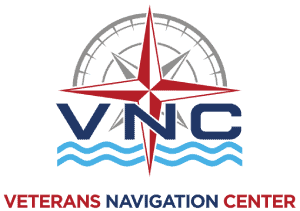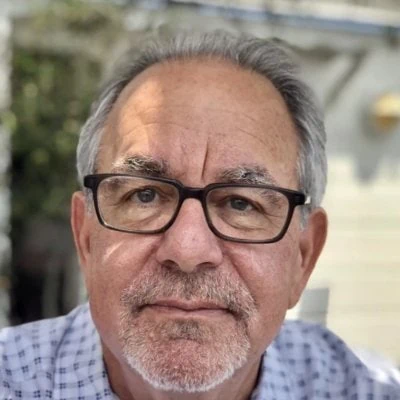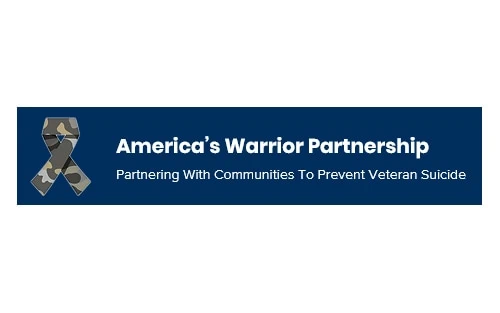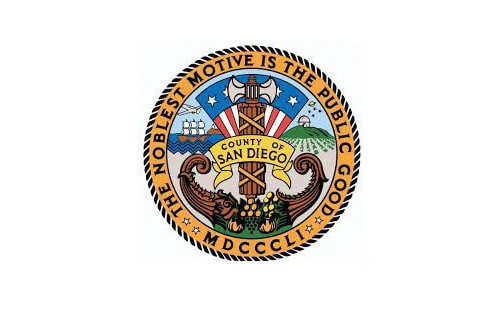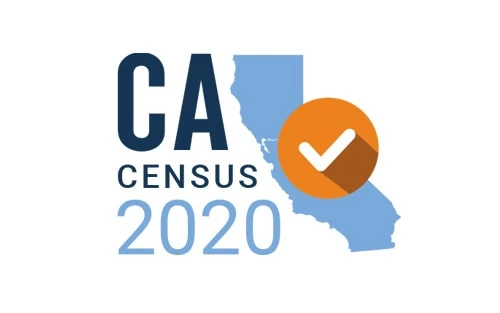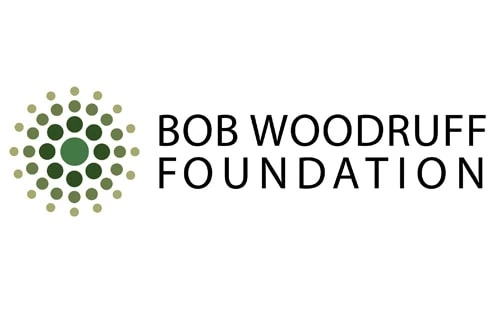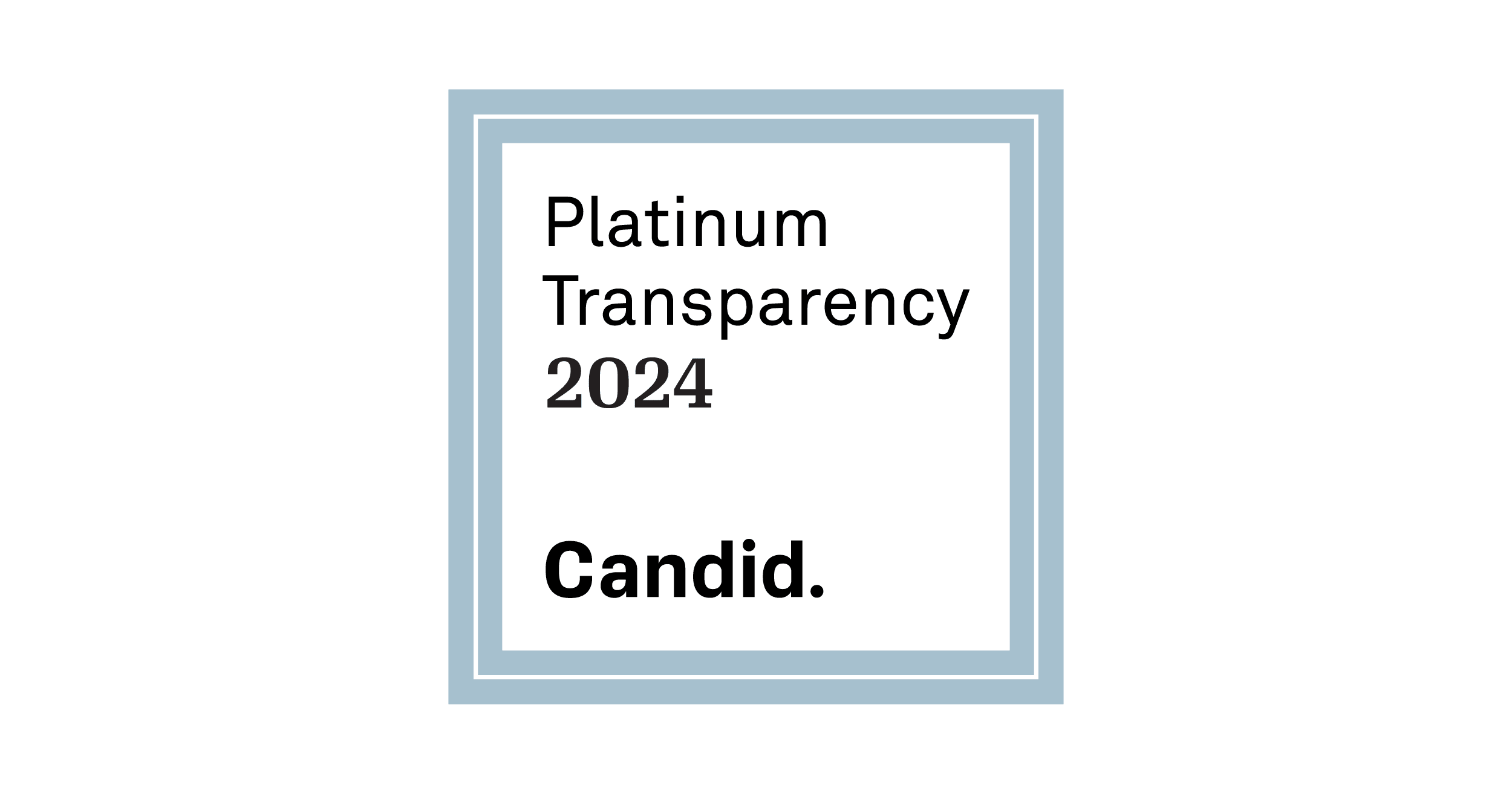
How the VNC is Helping Veterans Reclaim Their Lives
We wrote about the Rotary Action Group for Addiction Prevention a few months ago. We’ve also spoken quite a bit about how substance abuse disorder affects those in the military and our beloved veterans. Scott Silverman is working to bring these causes together.
In a recent article from Ranch & Coast, author Bill Abrams points out that the U.S. military is so successful due in part to the soldiers’ warrior ethos—or a willingness to lay down their lives for their country.
It’s admirable, but it’s also terrifying. Can you imagine being under that amount of pressure? It’s a mental burden most of us never know (thankfully), yet those who survive the battles and hardships of service are expected to come home and fit neatly into society.
Unsurprisingly, they don’t always succeed, and even those who manage to function and live a “normal” life often use unhealthy coping mechanisms. It’s no surprise that drinking and drug use are common among veterans. Substance use disorder and other mental health issues also contribute to a high rate of suicide. More than 6,000 U.S. veterans ended their lives in 2020.
The VA determined that around 80% of veterans who commit suicide never sought help. They had family, friends, and loved ones. Still, they felt as if they had no one to talk to.
Scott Silverman and the VNC want to change that.
The Veterans Navigation Center
Scott developed the Veterans Navigation Center with this unique demographic in mind and ensured the project was spearheaded by a veteran who could relate to the people they served. Jay Wylie is the Veteran Coordinator and Operations Manager for this new initiative. He left the military due to a drinking problem, but he’s been sober for ten years.
He’s seen both sides of addiction, and he wants to make sure others like him experience sobriety.
In Jay Wylie’s words, once you leave the military, “You’re on your own.” The VNC isn’t okay with that. Veterans need support. The VNC provides the structure veterans thrived on while in the military and offers assistance the VA may not have the resources to provide.
One of these areas in which soldiers often need help is long-term care for substance use disorder.
Our nation’s soldiers suffer physical and mental injuries. We teach them how to survive but not always how to heal. The VNC is a resource for veterans (and those who care about them) to start the recovery process from mental health problems like substance use disorder, PTSD, trauma, depression, anxiety, etc.
The Rotary Action Group for Addiction Prevention is boosting the signal.
Between the efforts of the VA, the Veterans Coalition, and the newly formed Veterans Navigation Center, Scott, Jay, and those in the RAG AP hope to change the heartbreaking statistics around veteran mental health and help them adapt, recover, and live their best lives.
To get in touch with someone from the VNC, click here. To learn more about RAG AP, click here.
